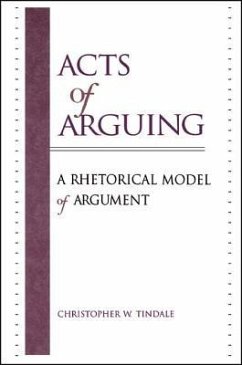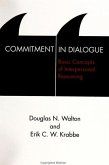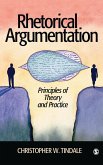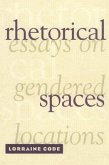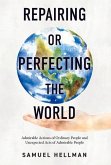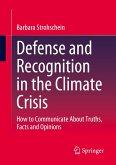Approaches recent innovations in argumentation theory from a primarily rhetorical perspective. The revival of argumentation theory in the past few decades has focused on its logical and dialectical dimensions, with less attention paid to rhetorical features. This book explores and then redresses this imbalance. Tindale examines important logical and dialectical innovations in recent argumentation theory and shows that they depend implicitly upon rhetorical features of argument that have been suppressed in the account. This is illustrated using two extended case studies, one looking at Shell International's defense of its actions in Nigeria after the death of Ken Saro-Wiwa, and the other exploring the uses of character-based argument and testimony in a Holocaust-denial text and legal trial. In addition to the case studies, two chapters treat serious problems that plague current argumentation theory. The first concerns the nature of fallacy; the second concerns the ties between traditional argumentation and a model of rationality that has been seriously critiqued by feminist and postmodernist scholars. In both instances, the discussion indicates how a rhetorical approach to argumentation offers fresh insights and suggests responses to the questions raised.
Hinweis: Dieser Artikel kann nur an eine deutsche Lieferadresse ausgeliefert werden.
Hinweis: Dieser Artikel kann nur an eine deutsche Lieferadresse ausgeliefert werden.

